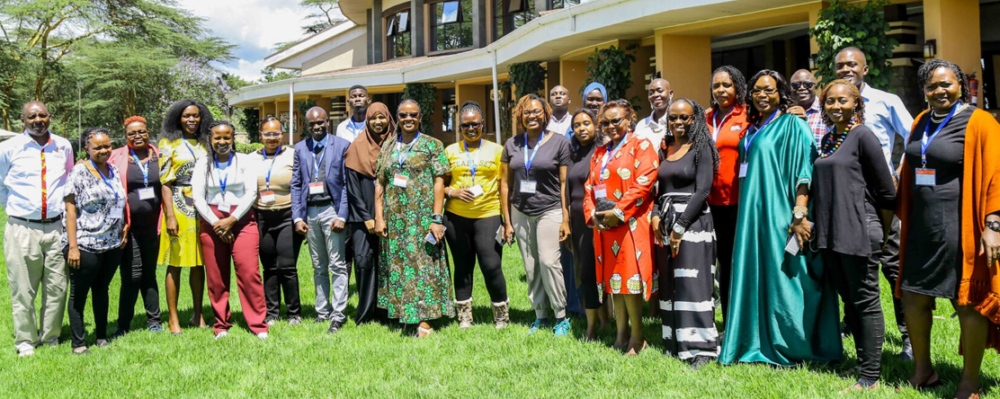
In the News
PHI Study Finds Prenatal Marijuana Use Linked to Serious Risks for Mother During Pregnancy
- CNN
-
Focus Areas
Alcohol, Tobacco, Drugs & Mental Health -
Issues
Cannabis, Reproductive & Sexual Health -
Expertise
Research – Surveillance -
Programs
Prevention Policy Group

“More and more people are using marijuana before or during pregnancy to ease nausea, pain, stress and help with sleep. In fact, research found that use has more than doubled in the last two decades.
Marijuana use in pregnancy has been linked to such adverse outcomes for the baby as lower birthweight, preterm birth and higher admission rates to neonatal intensive care units.
What about the potential danger to the mother if she uses cannabis before or during early pregnancy? According to a new study, the news there is alarming as well. There’s an increased risk of serious, potentially life-threatening maternal complications such as gestational hypertension and preeclampsia, which are both disorders of high blood pressure.
“Pregnant individuals who used versus did not use cannabis during early pregnancy had a 17% greater risk of gestational hypertension (and) an 8% greater risk of preeclampsia,” said lead study author Kelly Young-Wolff, a research scientist at Kaiser Permanente Division of Research in Pleasanton, California.
People who used marijuana in early pregnancy also had a “19% greater risk of placental abruption,” Young-Wolff said.
In placental abruption, the organ that provides oxygen and nutrients to the fetus, called the placenta, suddenly detaches from the side of the uterus, thus endangering the health of the mother and the developing baby. A detached placenta is one of the leading causes of death in both expectant mothers and babies.
“Research suggests that pregnant people are bombarded with inaccurate messages from social media, cannabis retailers and peers suggesting that cannabis use during pregnancy is safe,” Young-Wolff said. “Our study provides timely and important data that adds to the growing body of evidence indicating that cannabis use during pregnancy is not safe.”
Compared to weight gain considered optimal for a successful pregnancy, people who used marijuana before or during early pregnancy were more 9% more likely to gain too much weight and 5% more likely to not gain enough weight during their pregnancies, the study found.
“To my knowledge, this is the largest study to date looking at cannabis use in pregnancy and adverse health outcomes in the mother,” said Brianna Moore, an assistant professor at the Colorado School of Public Health in Aurora, Colorado, in an email. Moore, who studies the use of cannabis in pregnancy, was not involved in the new research.
“It is never too late to cut back or limit your use of cannabis in pregnancy to minimize the potential health effects,” Moore said. “Talk to your healthcare provider.”
The study, by researchers including PHI’s Lynn Silver, was published in the journal JAMA Internal Medicine.
Click on the link below to read the full article.
Related Stories
Prenatal cannabis use linked to adverse maternal health outcomes / PoliticoPro
Originally published by CNN
More Updates
Work With Us
You change the world. We do the rest. Explore fiscal sponsorship at PHI.
Support Us
Together, we can accelerate our response to public health’s most critical issues.
Find Employment
Begin your career at the Public Health Institute.



